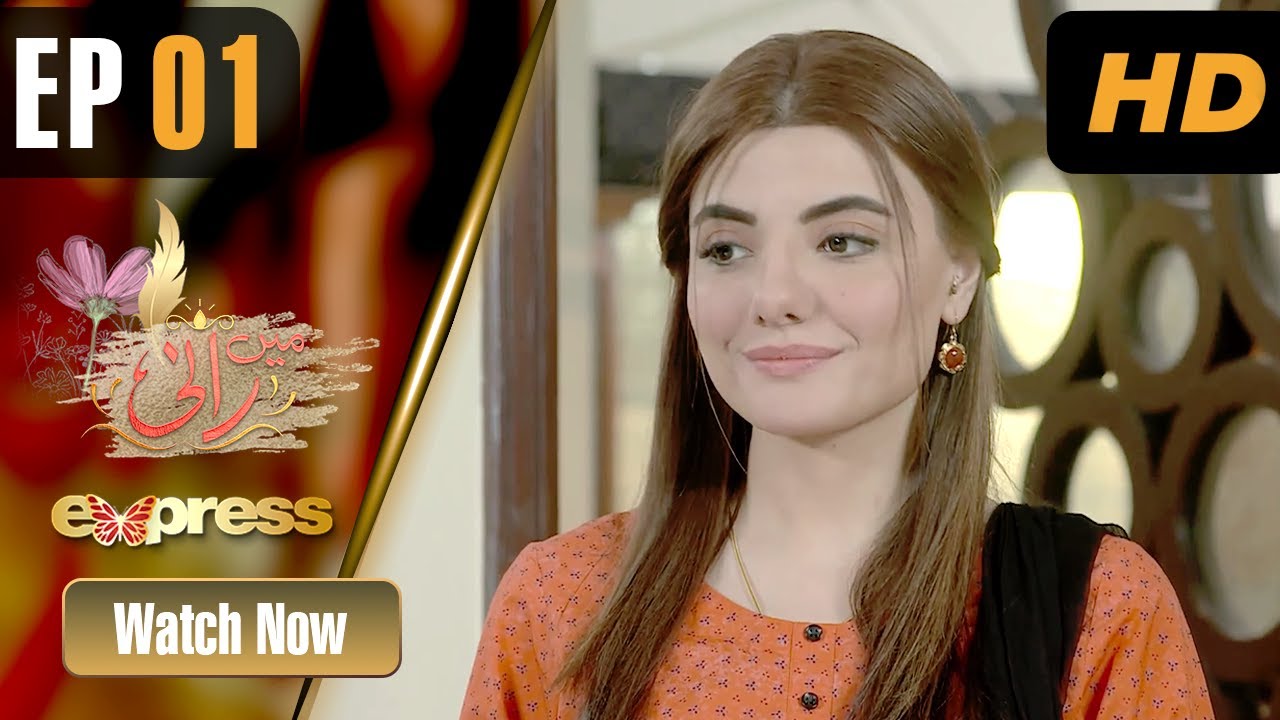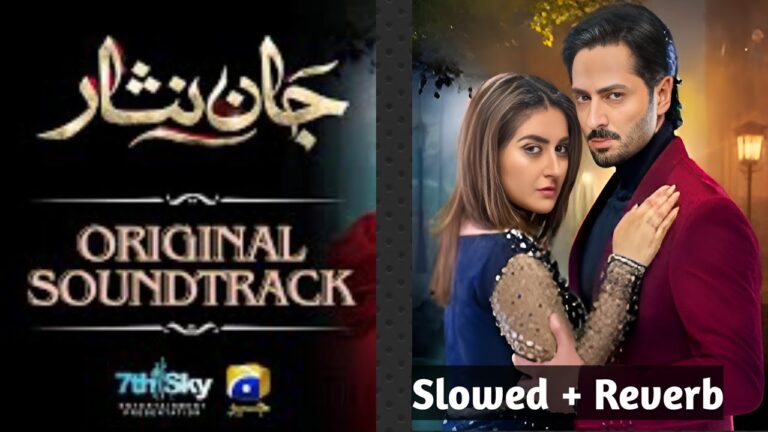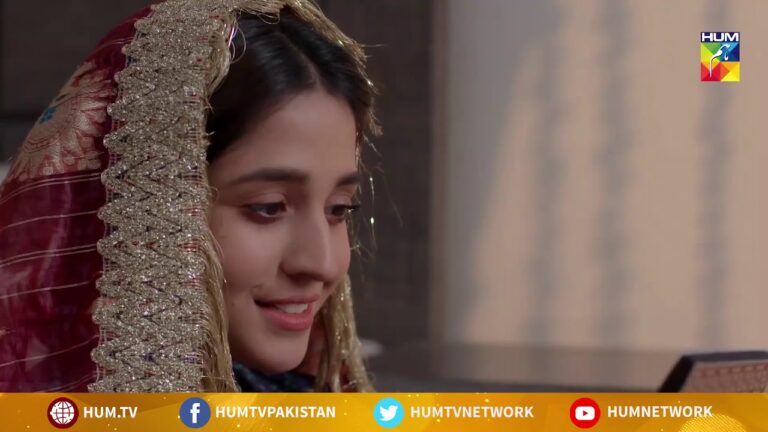Mein Rani Drama Review: Mein Rani dramas, prevalent in South Asian television, center around ambitious women who navigate a world dominated by men, often employing cunning and manipulation to achieve their goals. These narratives explore themes of power struggles, social climbing, and the complexities of female desire within a patriarchal society. This review analyzes a fictional Mein Rani drama, dissecting its plot, characters, and the social commentary it offers.
Plot Overview
At the heart of our fictional Mein Rani drama lies Rani, a beautiful and cunning woman from a modest background. Driven by a relentless ambition to rise above her station, Rani sets her sights on marrying into wealth and power. Enter Veer, a wealthy and arrogant businessman, the embodiment of the patriarchal elite. Rani, through calculated moves and a carefully crafted persona, ensnares Veer’s attention.
Their marriage becomes a facade – a power struggle disguised as marital bliss. Rani navigates the treacherous waters of Veer’s family, maneuvering against manipulative relatives and social rivals. She might employ various tactics – feigned innocence, calculated manipulation, or strategic alliances with other women – to consolidate her position.
Meanwhile, Veer, initially captivated by Rani’s beauty, might become suspicious of her motives. The narrative unfolds with betrayals, hidden agendas, and unexpected alliances. Rani might face challenges from a scorned ex-lover, a jealous relative of Veer’s, or even a formidable female rival vying for power.
The climax could involve a shocking revelation – Rani’s past exposed, a hidden heir to Veer’s fortune emerging, or a betrayal that shatters the fragile trust within the family. This event forces Rani to confront the consequences of her actions and the true cost of her ambition.
Character Analysis
-
Rani: Rani is a complex protagonist. She is ambitious, cunning, and fiercely determined to carve her own path. Explore her motivations: Does she crave a life of luxury, or does she seek revenge for past injustices? Showcasing her vulnerabilities and internal struggles can make her a relatable character.
-
Veer: Don’t portray Veer solely as a villain. Perhaps he is a product of his privileged upbringing, oblivious to the manipulations around him. A revelation about his past or a transformation due to Rani’s influence can add depth.
-
The Supporting Cast: These characters can be portrayed in various ways. Veer’s family members could be cunning manipulators or unexpected allies for Rani. Exploring their motivations and hidden agendas creates a richer narrative tapestry.
Social Commentary
Mein Rani dramas offer a commentary on the limitations placed on women in a patriarchal society. They depict the challenges women face in achieving power and the lengths they might resort to in a system rigged against them. Additionally, they can expose the manipulative tactics employed by both women and men in the pursuit of wealth and social status.
Themes
-
Power Struggles: The core theme revolves around the relentless pursuit of power and the ruthless tactics employed to gain and maintain it.
-
Social Climbing: The narrative explores the lengths individuals, particularly women, go to in order to ascend the social ladder.
-
Deception and Manipulation: Both Rani and the characters around her utilize manipulation and deception to achieve their goals, highlighting the moral ambiguity within the pursuit of power.
-
Female Agency and Desire: The drama explores the complex desires of women within a patriarchal society, showcasing their ambition and fight for agency.
Building upon the foundation laid in the previous review, let’s delve deeper into the complexities of Mein Rani dramas. We’ll explore opportunities to add layers to the characters’ motivations, introduce the possibility of redemption, and weave in additional themes for a more nuanced narrative.
Character Nuance
-
Rani: Don’t portray Rani simply as a gold digger. Perhaps a traumatic past fuels her ambition. Was she wronged by a powerful man, or does she seek to provide a better life for her family? Exploring her vulnerabilities and the source of her drive adds depth.
-
Veer: Give Veer a chance to evolve. Does he experience a revelation about his own privilege or the manipulation he’s been subjected to? Perhaps he develops a grudging respect for Rani’s cunning, leading to a power dynamic shift.
-
The Supporting Cast: Make the supporting characters distinct. One family member could be a cunning rival, another a surprising ally for Rani. Exploring their motivations and hidden agendas creates a more dynamic web of power struggles.
Introducing Redemption
-
A Change of Heart: Can a character experience a genuine change of heart? Maybe Rani uses her power to empower other women or Veer learns the importance of empathy.
-
Consequences and Redemption: Show the characters facing the consequences of their actions. Perhaps Rani loses her power structure or Veer experiences financial ruin. This can pave the way for redemption.
-
Justice and Morality: The drama can explore the concept of karma. Characters who employed ruthless tactics might face consequences, while those who acted with integrity find success.
Additional Themes
-
The Cycle of Manipulation: Explore how past experiences with manipulation shape Rani’s actions. Perhaps she learned her cunning tactics from a manipulative parent figure.
-
The Price of Power: The drama can showcase the emptiness of power achieved through manipulation and deceit. A character who achieves success through honest means can serve as a counterpoint.
-
Female Solidarity: Despite the competition, the narrative could explore the possibility of women supporting and empowering each other in a male-dominated world.
Incorporating Social Issues
-
Gender Inequality: Mein Rani dramas offer a platform to critique societal norms that limit women’s opportunities and perpetuate the need for manipulation to achieve success.
-
The Importance of Mentorship: The drama can showcase the positive impact of strong female mentors who guide and empower other women.
-
Breaking Glass Ceilings: The narrative could highlight the challenges women face in leadership positions and the importance of breaking down gender barriers in the corporate world.
Alternative Endings
-
A Glimmer of Hope: The drama doesn’t need a perfectly happy ending, but it can offer a hopeful outlook. Rani using her power for good or Veer learning humility can inspire viewers.
-
Breaking the Cycle: Perhaps Rani chooses to leave the world of manipulation and pursue a different path, highlighting the possibility of escaping the cycle of power struggles.
-
A Moral Victory: While Rani might not achieve her initial goals, she could expose the corruption within Veer’s family, achieving a moral victory against a system rigged against women.
Conclusion
Mein Rani dramas offer a captivating exploration of female ambition and the complexities of navigating a male-dominated world. While the entertainment value is undeniable, these narratives spark conversations about gender roles, social inequalities, and the moral dilemmas faced in the pursuit of power and status.










+ There are no comments
Add yours